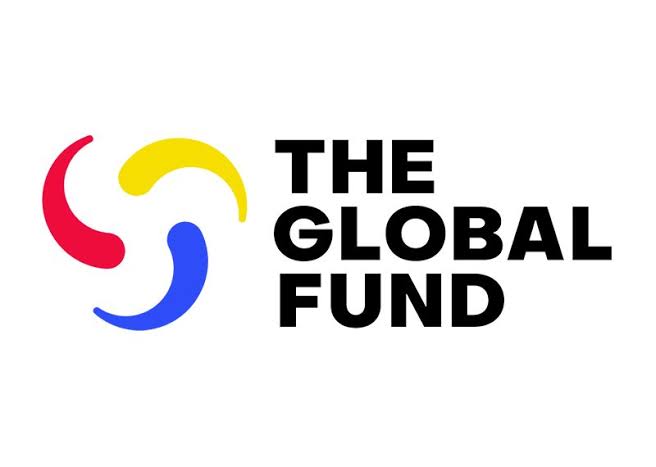An international organization has sought President William Ruto’s help to mobilise funds across the world for reinforcing global solidarity to end HIV, TB, and malaria.
In a letter addressed to Prime Cabinet Secretary, and Cabinet Secretary for Foreign and Diaspora Affairs Musalia Mudavadi the Global Fund has requested Ruto to help them using his connections do fundraiser across the world for them.
Executive Director Peter Sands asked Ruto to aid the organisation during its eighth replenishment noting that it comes at a crucial moment, when external funding for health is under severe threat.
“With your commitment and the leadership President Ruto, I am confident can deliver a successful Eighth Replenishment. This will enable the Global Fund to continue supporting Kenya and other countries across the continent in saving lives, defeating HIV, TB, and malaria, and advancing UHC,” said the letter in part.
The CEO noted that given the current global challenges, it was important than ever that there was need to work together to
ensure continued progress in reducing the burden of HIV, tuberculosis (TB), and malaria and in strengthening health systems across Africa.
He noted that for over 20 years, Kenya and the Global Fund had built an immensely successful partnership, with the Global Fund having invested over Sh300 billion (US$ 2.3 billion) in Kenya.
During this period, Kenya has made great strides in the fight against the three diseases and in advancing towards universal health coverage (UHC).
“It would be an unthinkable tragedy to see this progress stall, let alone be reversed.
It is in this context that we respectfully request the support of His Excellency President Ruto and yourself as champions of the Global Fund’s Eighth Replenishment,” said the letter.
The letter lauded Kenya’s outstanding role as a co-host of the Preparatory Meeting for the Seventh Replenishment in 2022 was instrumental in mobilizing a historic US$ 15.7 billion, reinforcing global solidarity to end HIV, TB, and malaria.
“This total included Kenya’s pledge of US$ 10.0 million, a powerful signal of the country’s commitment to global health and sustainable financing. Kenya’s unwavering leadership has been central to the success of our partnership, saving millions of lives and advancing our shared mission,” said the Global Fund request.
During side event on Domestic Health Financing in the just concluded African Union (AU) meeting in Addis Ababa, Ethiopia, President Ruto emphasized that African countries must accelerate the shift towards nationally led and financed health systems, reducing reliance on external support.
However, Sands noted that this is a pathway, not a switch.
“Too abrupt a transition risks derailing progress, leaving millions behind, and costing millions of lives. Moreover, countries across Africa are at different stages of readiness to assume these financial responsibilities,” said Sands in his letter.
The Global Fund, he said plays a crucial role as a trusted and reliable partner, supporting Kenya and countries across the continent in saving lives, reducing the burden of disease, and building nationally led and financed health systems.
“For this replenishment to be a success, we need the voices of President Ruto and CS Mudavadi. As always—but particularly in the current geopolitical context—the most powerful advocacy is direct communication from Head of State to Head of State,” read part of the letter.







 (@MuriukiEugene)
(@MuriukiEugene)  supporting
supporting